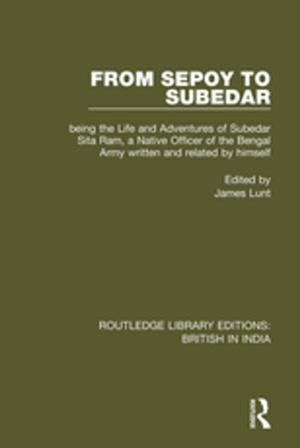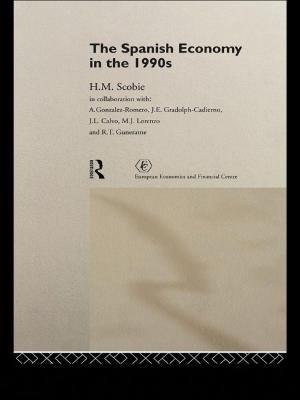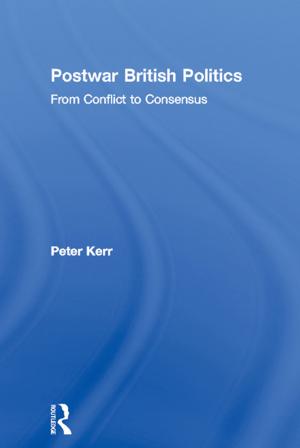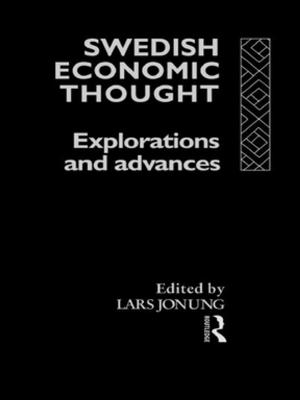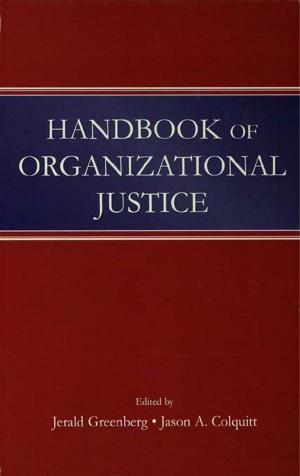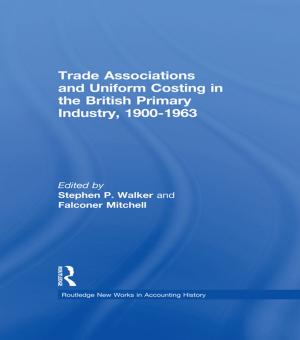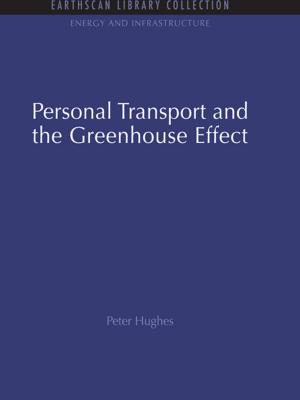Resource Accounting for Sustainability Assessment
The Nexus between Energy, Food, Water and Land Use
Business & Finance, Economics, Sustainable Development, Economic Development| Author: | ISBN: | 9781317962076 | |
| Publisher: | Taylor and Francis | Publication: | May 30, 2014 |
| Imprint: | Routledge | Language: | English |
| Author: | |
| ISBN: | 9781317962076 |
| Publisher: | Taylor and Francis |
| Publication: | May 30, 2014 |
| Imprint: | Routledge |
| Language: | English |
The demands placed on land, water, energy and other natural resources are exacerbated as the world population continues to increase together with the expectations of economic growth. This, combined with concerns over environmental change, presents a set of scientific, policy and management issues that are critical for sustainability.
Resource Accounting for Sustainability Assessment: The nexus between energy, food, water and land use offers an approach for multi-scale, integrated assessment of this nexus. It presents a comprehensive and original method of resource accounting for integrated sustainability assessments. The approach is illustrated with three detailed case studies: the islands of Mauritius, the Indian state of Punjab, and the energy economy of South Africa. The relationships between flows of goods, services and materials in these case studies offer valuable insights. The book provides a much needed quality control on the information used in deliberative processes about policy and planning activities.
This innovative book will be of interest to researchers, students and practitioners in the fields of sustainability science, international development, industrial ecology, sustainable resource management, geography and ecological economics.
The demands placed on land, water, energy and other natural resources are exacerbated as the world population continues to increase together with the expectations of economic growth. This, combined with concerns over environmental change, presents a set of scientific, policy and management issues that are critical for sustainability.
Resource Accounting for Sustainability Assessment: The nexus between energy, food, water and land use offers an approach for multi-scale, integrated assessment of this nexus. It presents a comprehensive and original method of resource accounting for integrated sustainability assessments. The approach is illustrated with three detailed case studies: the islands of Mauritius, the Indian state of Punjab, and the energy economy of South Africa. The relationships between flows of goods, services and materials in these case studies offer valuable insights. The book provides a much needed quality control on the information used in deliberative processes about policy and planning activities.
This innovative book will be of interest to researchers, students and practitioners in the fields of sustainability science, international development, industrial ecology, sustainable resource management, geography and ecological economics.



